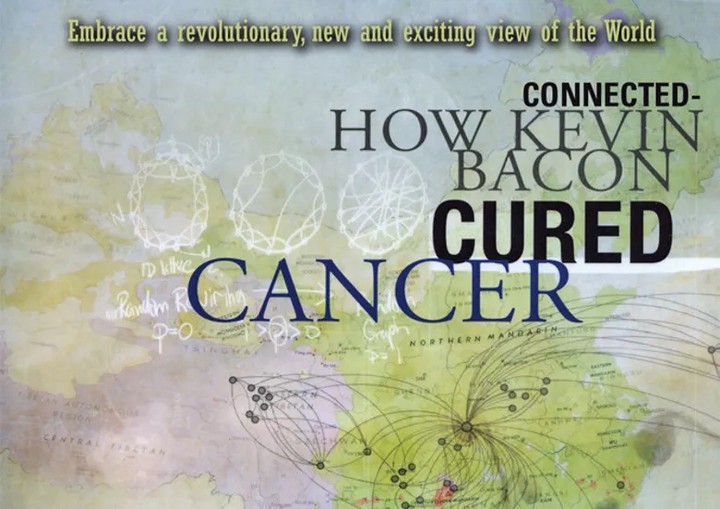Reflection on Connected: The Power of Six Degrees

If I could put the things that I have realized after watching the documentary in one phrase, I would say – it’s amazing how the world is much smaller than we think. For so long, we humans think that we are individuals with the capacity and ability to think on our own. While this may be true, this notion led us to look more inwards rather than outwards. With the concept of individualism heavily buried in our minds, many communities see themselves as detached from the outside world. It is not surprising though, that most people fail to see that we are more connected than we think. After all, these connections cannot be seen by humans physically, and equally hard to imagine mentally given enough degrees of separation. This is where I have come to appreciate the power of networks and the study of mapping and understanding how each and every person (node) interacts (links) with each other.
Reflecting back a bit on the first essay I wrote for this class, I mentioned the concept of emergence briefly. It says “the whole is greater than the sum of its parts”. In short, there is more value in being connected and in being collaborative. Diving deeper and reflecting further back to my Negotiations class, it occurred to me that the concept of a Collaborative negotiation is a demonstration and manifestation of the power of networks. In a Collaborative negotiation, parties advance each other’s best interests through jointly decided problem solving ultimately creating a larger pie to be claimed for all parties than the original. Shifting back, I’d like to touch on the concept of social networks for a bit. Most would say “your personal network is very important”, everyone would agree but many wouldn’t take it into heart. Rightly so, because these people do not know what it really means for them. The documentary made me realize the real meaning of “important”. With the right social network, virtually you know somebody who knows somebody, who knows somebody so and so forth; and with each somebody comes a different set of skills that you suddenly have access to. Most successful people are highly connected. Are they successful because they are connected, or are they connected because they are successful? Who knows, it’s probably the former but what’s important is that being successful (whatever your definition of it may be) almost always means that you are also well-connected.
In a logistics point of view, networks are more efficient. A strategically placed hub allows the delivery of goods to several locations in a cost-effective manner. I imagine countless applications of Data Science in this field, but I won’t be delving into that in this reflection. The seemingly disorganized structure of networks and hubs allow for quicker dissemination of information or whatever good it needs to deliver. However, networks are in a very weird position right now. Take the case of the Internet or the power grid, it is modular in some sense which means when a disruption occurs in an area, only a small part of the whole grid would be affected. This makes it quite robust. However, as robust as it may seem, it is also fragile. If you take the hub down, a large portion if not the whole would be non-operational. The structure of a network is still a wonder to me, much like the human brain and its nervous system.
The fascination of scientists and their work with networks taught me that networks are robust yet fragile. It taught me that some nodes called “hubs” are critical to the operation of the whole system, and it suggests that it is where we should focus our efforts on – whether it be for offensive or defensive reasons. Offensively, our knowledge of networks can be applied to progress research in fighting diseases, by identifying the critical elements of a virus to develop a vaccine or by predicting which areas are most susceptible when an outbreak occurs. Defensively, we could use it to strengthen our utilities – the water and power grids to minimize or prevent leakage and outages from happening. These new ideas are only made possible by thinking in systems. This relatively new way of thinking opened up lots of research areas to explore. All thanks to Kevin Bacon and some programmer who had a lot of time in his hands. Kidding aside, credit is due to those scientists who had the courage to think deeper and wider.
This essay was a requirement under the Network Science class where they were asked to watch Connected: The Power of Six Degrees directed by Annamaria Talas and react to it. This essay has been published with permission from the author, one of my MSDS students. - Prof. E